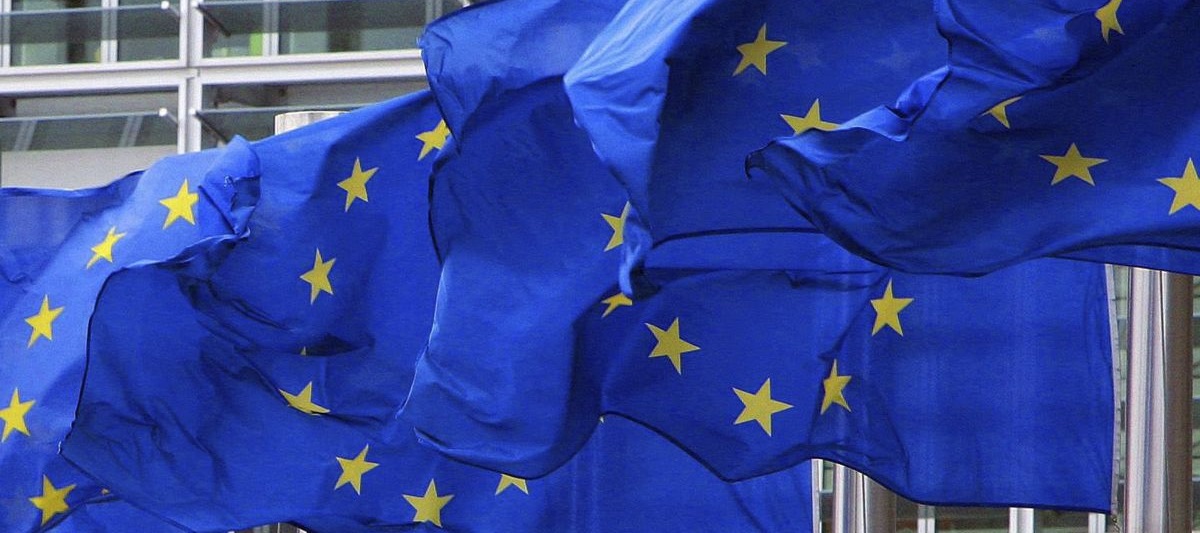
“It's impossible to measure the impact of being outside the EU since we do not know what sort of relationship the UK would have with the EU, nor the conditions under which our farmers would be expected to operate if we left.” This was the message from Huw Thomas, NFU Cymru Assembly Adviser to Glamorgan NFU Cymru members at a recent county Annual General Meeting.
During the meeting, Huw Thomas said, “One of the additional complexities we are facing is that we do not yet know when the referendum will take place. What we do know is that the referendum is to be held before the end of 2017 and it will not be held on the same date as elections to the National Assembly (5 May, 2016).”
Feeling burdened by the weight of regulation and red tape, some members questioned if countries such as Norway, Switzerland and Iceland, who are not part of the 28 EU Member States, faced the same level of bureaucracy.
In answer to the members’ questions, Huw Thomas said, “If we left the EU, red tape wouldn’t go away, the UK would still have to apply the World Trade Organisation’s (WTO) global rules on trade and if we wanted to export to the EU we would have to comply with the EU marketing standards in order to access the single market.
“If we look at a country like Norway which has negotiated trading relationships with the EU, it has to comply with all the relevant EU environmental, food safety and veterinary legislation, such as the Sustainable use of Plant Protection Products, the Nitrates Directive and Sheep Electronic Identification.”
Glamorgan NFU Cymru members raised the issue of the size of the UK contribution to the EU budget, and how much the UK gets back from the EU. Huw Thomas explained, “The UK is a net contributor to the EU budget, and as such we pay in more to the EU than we get back. In 2014 we made a contribution to the EU Budget of over £19bn, and got back roughly £4.5bn in public receipts (which includes things such as the CAP), plus another £4.5bn or so via our rebate, making a net contribution of just shy of £10bn, which is around 1.5% of total UK public expenditure. The indirect financial gains to the UK, such as being able to trade freely with the rest of the EU, however are not taken into account in these calculations."
During the Annual General Meeting, Abi Reader from Wenvoe was elected as Chairman of the county branch for a further two years. Gwyn Thomas remains as County Vice Chairman.
